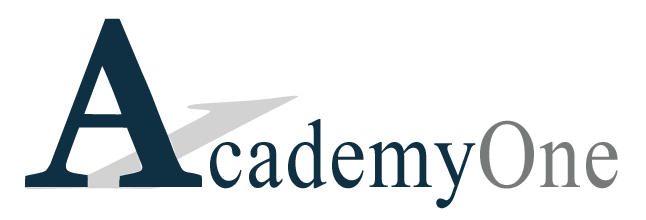On Tuesday August 12th, I was visiting Denver and attending the SHEEO Higher Education Policy Conference. AcademyOne was the sponsor for the dinner and I was offered an opportunity to speak for a few minutes after dinner before the keynote. So, I took the challenge to frame my comments around a metaphore I thought worth sharing with the State Policy crowd.
Thank you for giving AcademyOne the opportunity to sponsor SHEEO. Listening to the music before dinner was a perfect backdrop to this evening and my comments. AcademyOne is a unique company building a shared platform and tools that enables respect and recognition of learning spanning institutions, states and countries.
The sounds of Beethoven, Mozart and Bach are recognized whether in Great Britain, Spain, Italy, Germany, Austria or China or here in Denver, Colorado. How did music become so universal? Music is composed with notes on a graphical staff. Now, imagine if music was composed in “proprietary forms” without structure or common symbols?
How would we teach, practice, learn and play Beethoven’s Symphony in C minor if we did not have a common model spanning language, culture, instruments and musicians? Would we even have Symphonies where composers contemplated how instruments sound in harmony – yielding something together that is greater than the sum of its musical parts?
When I consider music, musicians, composers and the conformity it required across oceans and continents, I feel a sense of wonder. How did these shared standards of practice come about?
Like music, learning outcomes would be as different as the grains of sand on the beach, but we could still record, share and understand them, if they were composed on a graphical staff like music.
Higher education is in the business of developing human talent and knowledge creation.
But, I believe it is also about credentialing – the currency of respect in a democracy and the underpinnings of trust in an economy. As such, institutions are not just about classrooms, lectures, labs and modes of course delivery, access or financial aid. They are about enabling freedom, exploration and independence of expression.
Institutions protect the investment and value of credentials by building their brand.
The academic experiences are distinctive by institution and program, but that is not the whole story. The recognition of learning or in life in general, is subjective.
Our life experiences evolve into credentials – a form of currency in the economy - which are individualistic and somewhat random as life is. I would expect many would say academic programs are like music, the requirements orchestrated to achieve certain outcomes in a systematic form.
As we strive to improve performance and inspire the diversity of learners-- spanning across the bell curve like instruments with different skills, range and competencies, do we have the framework like the music staff? But, before we go down the path of tuning and transforming requirements like composers of music - across thousands of institutions, millions of courses and faculty, don’t we need something like the music staff, clef and notes? That is my key question I am pondering. How could we universally record courses and their outcomes, to enable learning and recognition inside the Academy and out?
Again, I want to thank SHEEO for inviting AcademyOne and giving me this opportunity to share some of my thoughts and questions.
